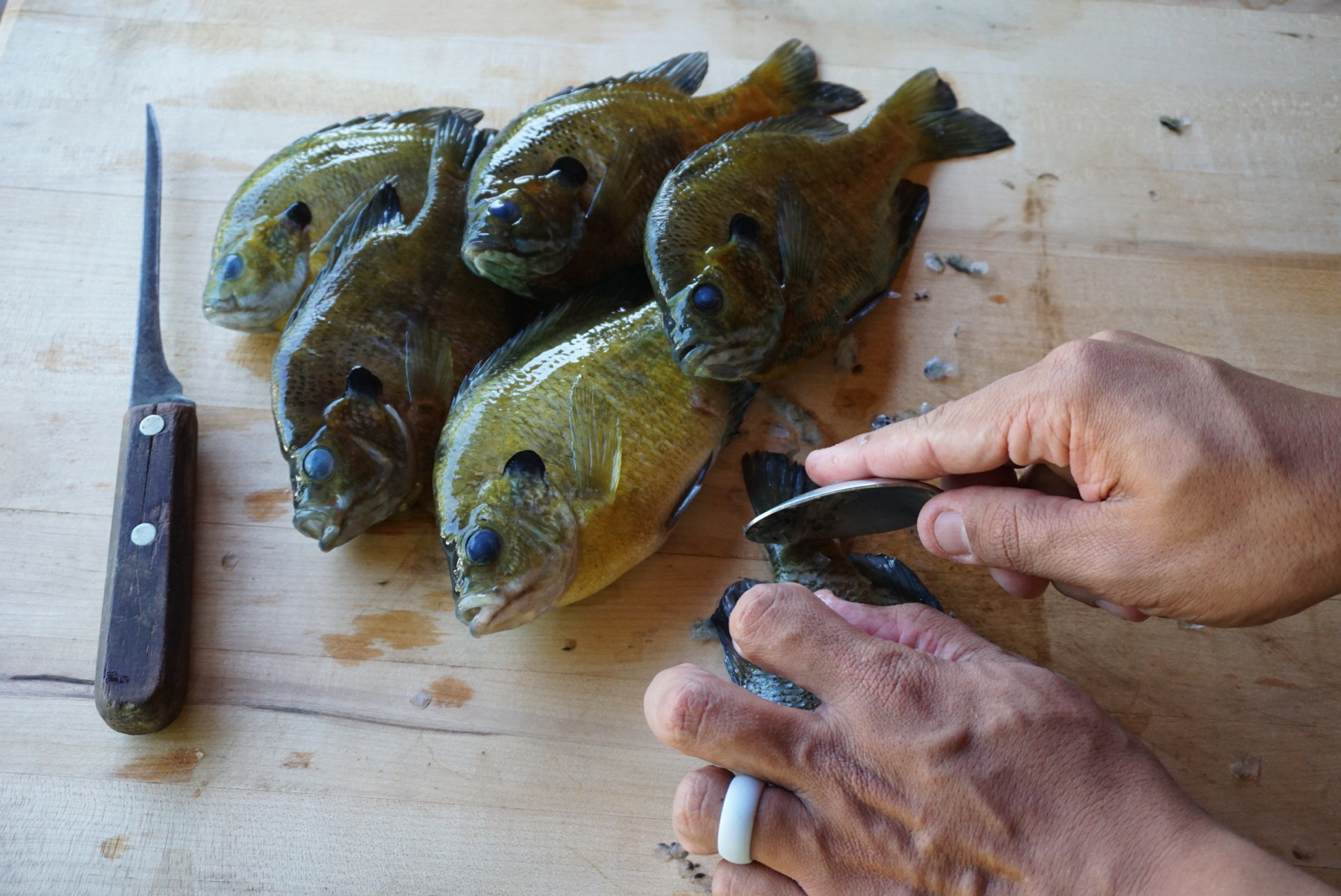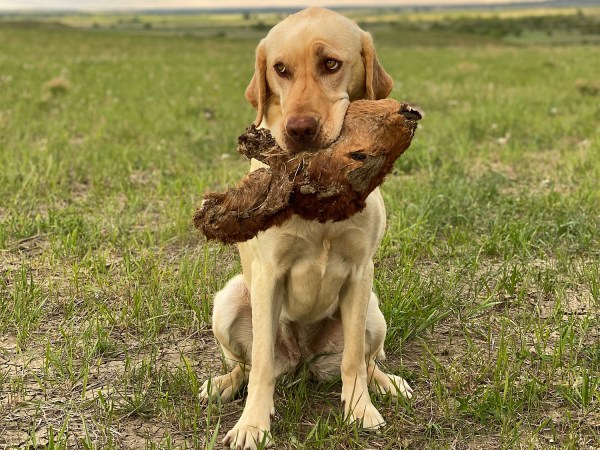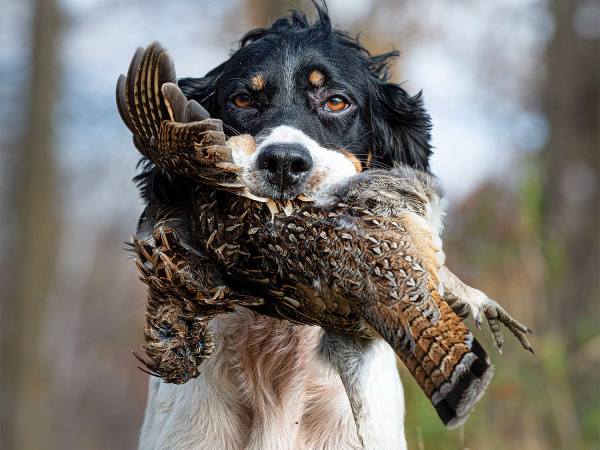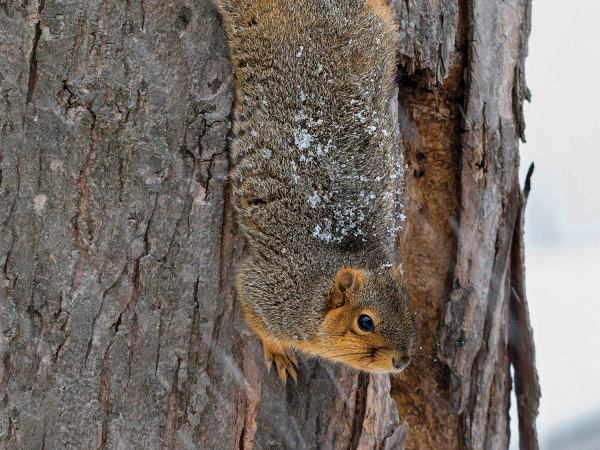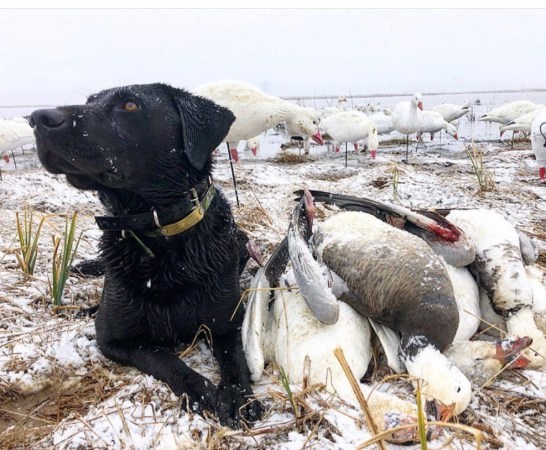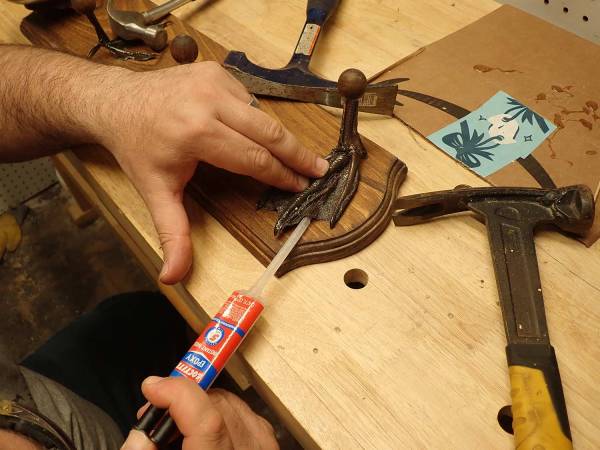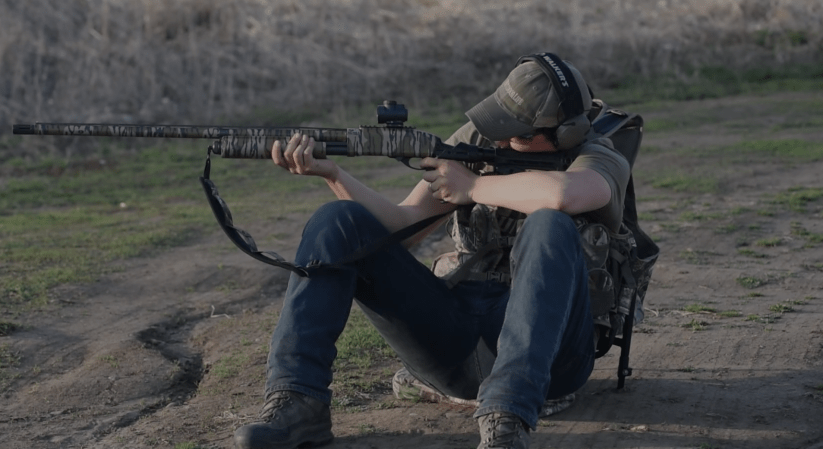The big world we live in seems increasingly tangible. The speed with which we can send thoughts and images from one side of the planet to the other is measured in blinks, not minutes or days. Knowledge is there for the taking, and people who just a few generations ago rarely wandered out of the town where they grew up now travel across the globe. We range farther to work, to vacation, to explore, and to hunt.
To be clear, I love this ability to move about. Seeing how other people live broadens my understanding of what it means to be human, and I revel in learning new ways of doing things.
I’m reminded of years ago when I made clumsy attempts at wax-plucking birds with disappointing results. Spending time with some Louisiana goose hunters allowed me to learn the finer points of the method, which I’m now able to teach to others. In just a few days, I’ll be headed west to pursue turkeys on someone else’s home turf, within spitting distance of the Pacific Ocean. It will be the first time I’ve ever had to turn east to face the Rocky Mountains. The newness of it all is tantalizing.
Often though, I am surprised at how glad I am to return home again. Seeing what the world has to offer beyond the boundaries of my small Southern state also makes me appreciate some of the simpler, more familiar parts of home. Especially when it comes to hunting and fishing.
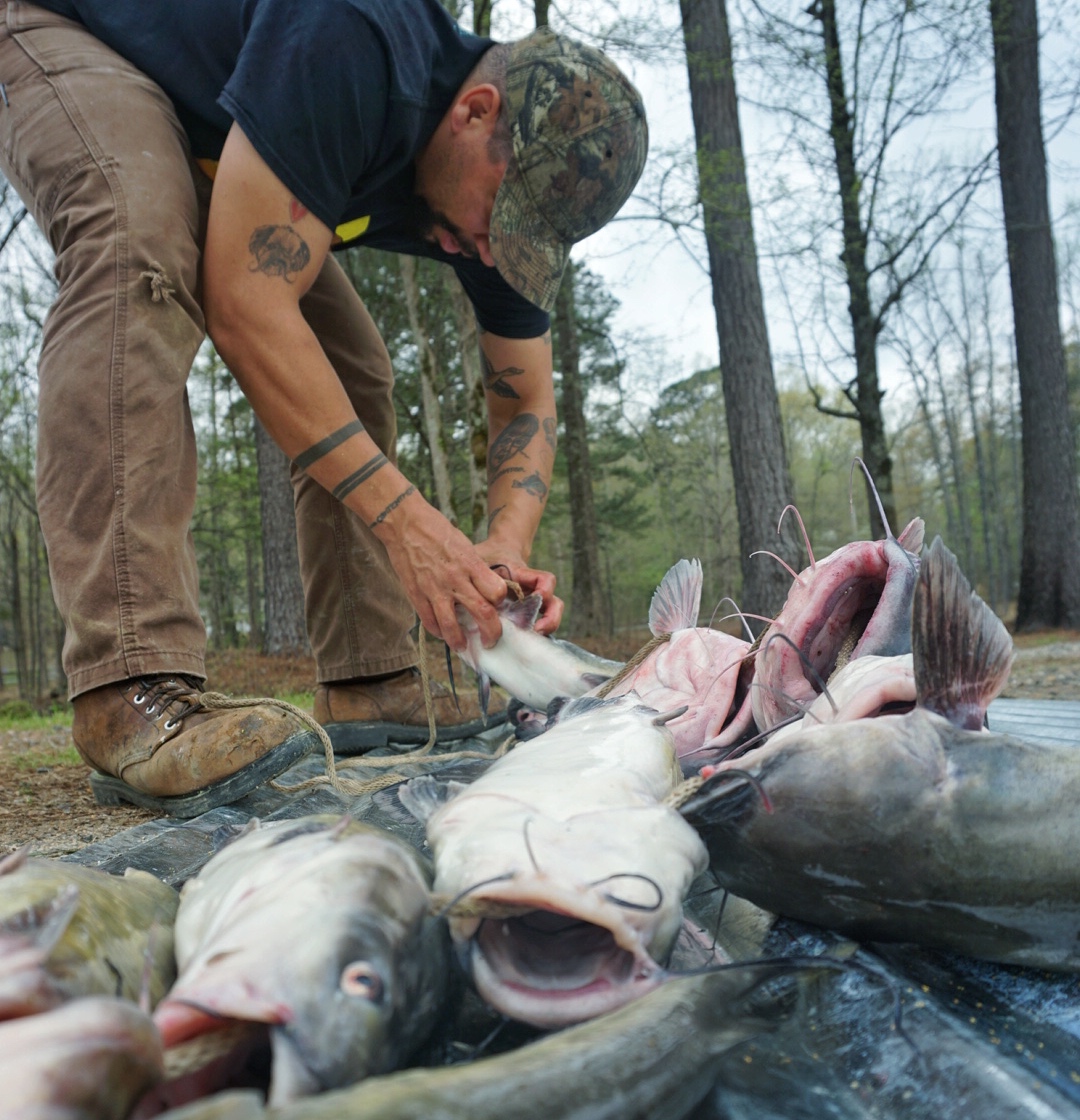
I’m talking about catfishing with hand-dug worms or dangling a line underneath the ubiquitous red and white plastic bobber. Squirrels pursued with a Marlin .22 rifle and wood ducks shot with a Remington 870 are the highlights of my perfect days.
I’d be lying if I said I don’t daydream about majestic, snow-covered peaks reverberating with elk bugles. I do, and I’ve ridden down that mountain like the man from Snowy River many times in my imagination.
What I fill my days with, though, is learning how to excel at the tried-and-true methods I need to thrive at home. I do this because my ultimate goal is not adventure; it’s competency.
By that I mean the definition of competency, as given to me by Professor Scott E. Giltner, the author of “Hunting and Fishing in the New South: Black Labor and White Leisure After the Civil War.” Competency is more than becoming proficient at a task, it’s “a sufficiency of means for the necessities and conveniences of life.”
Far-flung adventure is sexy, but the uniqueness of those thrilling experiences can’t be repeated. I learn best through repetition. This principle is why professional kitchens are built on the backs of line cooks, not famous chefs, and why the best carpenters drive nails with a single, well-executed swing of the hammer. Being good isn’t about being flashy; it’s just about doing a job right.
Experience leads to that expertise. The muscle memory of seasonal experience, like descaling a mess of bluegill, is the foundation upon which I understand the unusual or exotic. Working with simple tools for a long time transforms them into extensions of ourselves. The wear mark on a shotgun receiver, where it has been touched the same way a thousand times, is a badge of honor just like the hole worn into Willie Nelson’s guitar.
I hunt small game and deer in the same woods that I duck hunt. I’ve hunted duck holes I’ve found while deer hunting, and I run trotlines within spitting distance of the signpost rubs I see year after year. Come December, those hardwood forests become ephemeral marshes. I will ease my boat through that changed landscape, looking for mallards. I’ve hunted this wild place enough not just to know it, but to become a part of it.
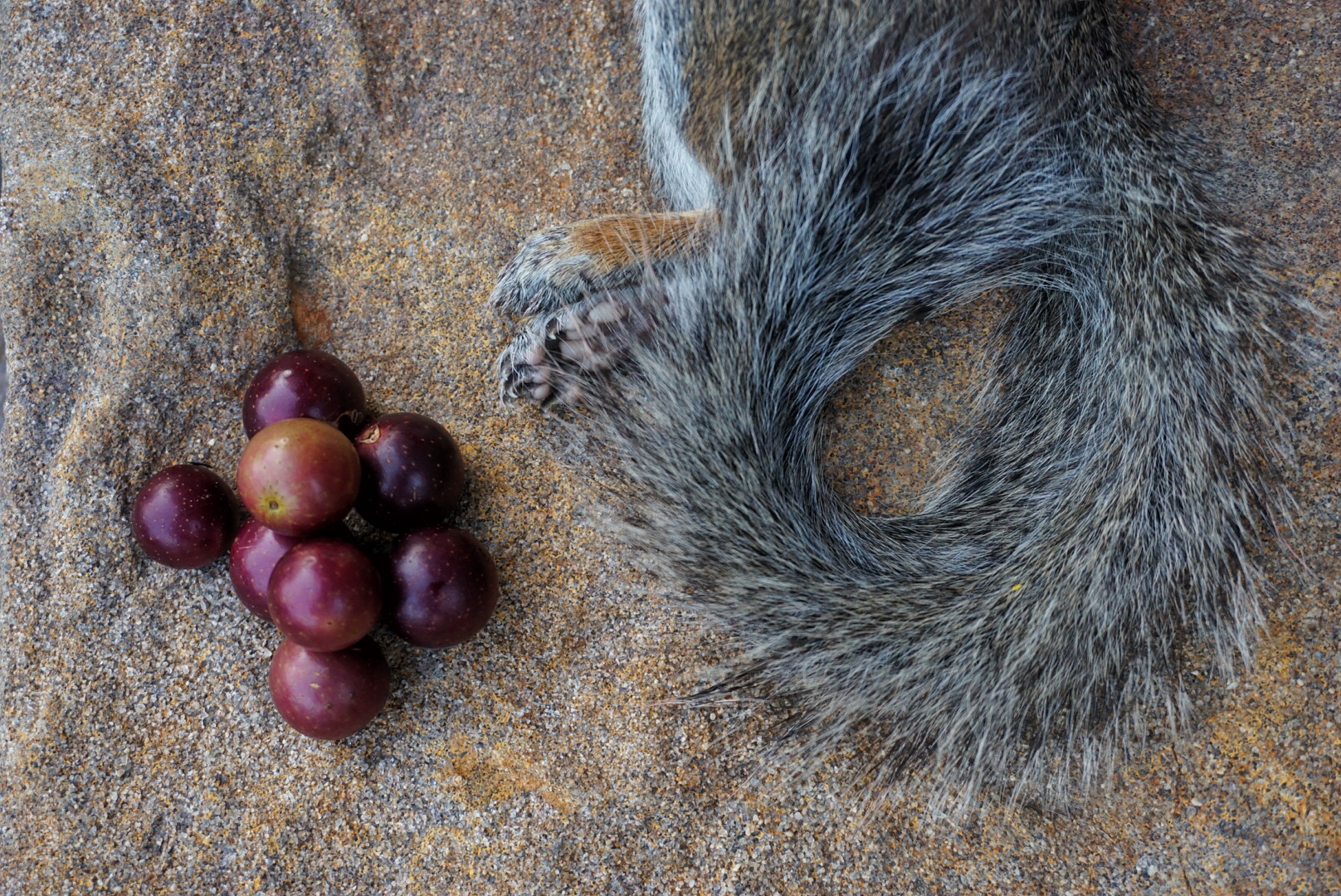
That intimacy can’t be transferred to another patch of woods a thousand miles away. I’m mesmerized by the old timers who can tell you where the best producing persimmon patch is, or how bream prefer maggots to crickets for the few days following a full moon. It’s also why I’m seldom impressed by a lone set of giant antlers on a lucky hunter’s wall.
An ethical hunter or angler is confident in their ability to end a life quickly. We do our best to act with the decisiveness that comes from a task being performed many times. Learning to sneak up on a gray squirrel through tangles of greenbriar with leaves crunching like cornflakes underfoot is an excellent precursor to hunting big game. Still, the act of hunting squirrels and killing them cleanly is fulfilling all on its own.
Read Next: The Story of Black Duck Revival: “I Never Found a Place I Belong, So I’m Making One”
The time we spend developing these “simple” skills creates a lifelong reverence and appreciation for the subjects of our pursuit. Because each outing teaches even the most competent of us something new. While guiding a fishing trip this spring, I found the limits of my boat in low water when my motor choked on mud and root as we made our way out of the bayou.
That knowledge will stay with me to be put to use the next time rain is scare and I’m pursuing ducks by boat. That ability to return transforms those repeated expeditions into new adventures in their own right. Adventures from which we can always find our way home.
